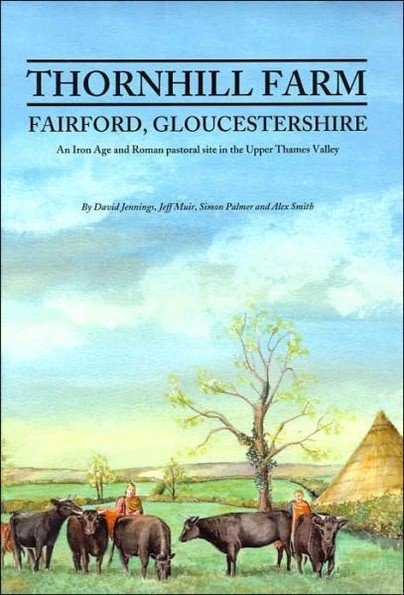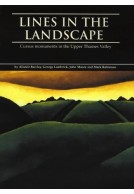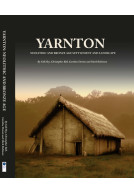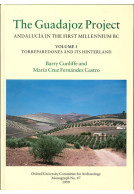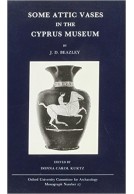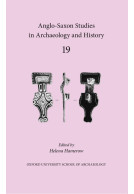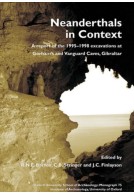Google Books previews are unavailable because you have chosen to turn off third party cookies for enhanced content. Visit our cookies page to review your cookie settings.
Thornhill Farm, Fairford, Gloucestershire (Hardback)
An Iron Age and Roman pastoral site in the Upper Thames Valley
Imprint: Oxford University School of Archaeology
Series: Thames Valley Landscapes Monograph
Pages: 200
Illustrations: many b/w illustrations
ISBN: 9780947816728
Published: 15th July 2004
Script Academic & Professional
Series: Thames Valley Landscapes Monograph
Pages: 200
Illustrations: many b/w illustrations
ISBN: 9780947816728
Published: 15th July 2004
Script Academic & Professional
You'll be £7.50 closer to your next £10.00 credit when you purchase Thornhill Farm, Fairford, Gloucestershire. What's this?
+£4.99 UK Delivery or free UK delivery if order is over £40
(click here for international delivery rates)
Order within the next 8 hours, 32 minutes to get your order processed the next working day!
Need a currency converter? Check XE.com for live rates
(click here for international delivery rates)
Order within the next 8 hours, 32 minutes to get your order processed the next working day!
Need a currency converter? Check XE.com for live rates
For over 500 years, from the middle Iron Age to the early Roman period, the 1st gravel terrace of the river Thames at Thornhill Farm appears to have been lived in and worked as a cattle ranch. Extensive excavations by Oxford Archaeology between 1986 and 1989 revealed large parts of the settlement, including paddocks, stock enclosures and droveways, all designed to control and manage the herds of animals. Evidence for domestic houses points to small family groups living at the site and tending to the livestock. The surrounding gravel terraces and floodplain would have formed open pastureland, upon which lay a number of other settlements, some of which were also operating specialist pastoral economies. The settlement at Thornhill Farm was constantly being developed and remodelled until the early 2nd century AD, when it was replaced by a series of trackways and some of the earliest hay meadows in Britain. What happened to the inhabitants of Thornhill Farm at this time is unknown, but it seems likely that the whole settlement was subsumed into a larger agricultural estate based at neighbouring Claydon Pike. The excavations at Thornhill Farm formed part of a co-ordinated archaeological response to the threat posed by gravel extraction during the creation of the Cotswold Water Park. This book presents the results of this phase of work, and discusses the significance of the site within the local and regional landscape.
Other titles in the series...
Other titles in Oxford University School of Archaeology...







